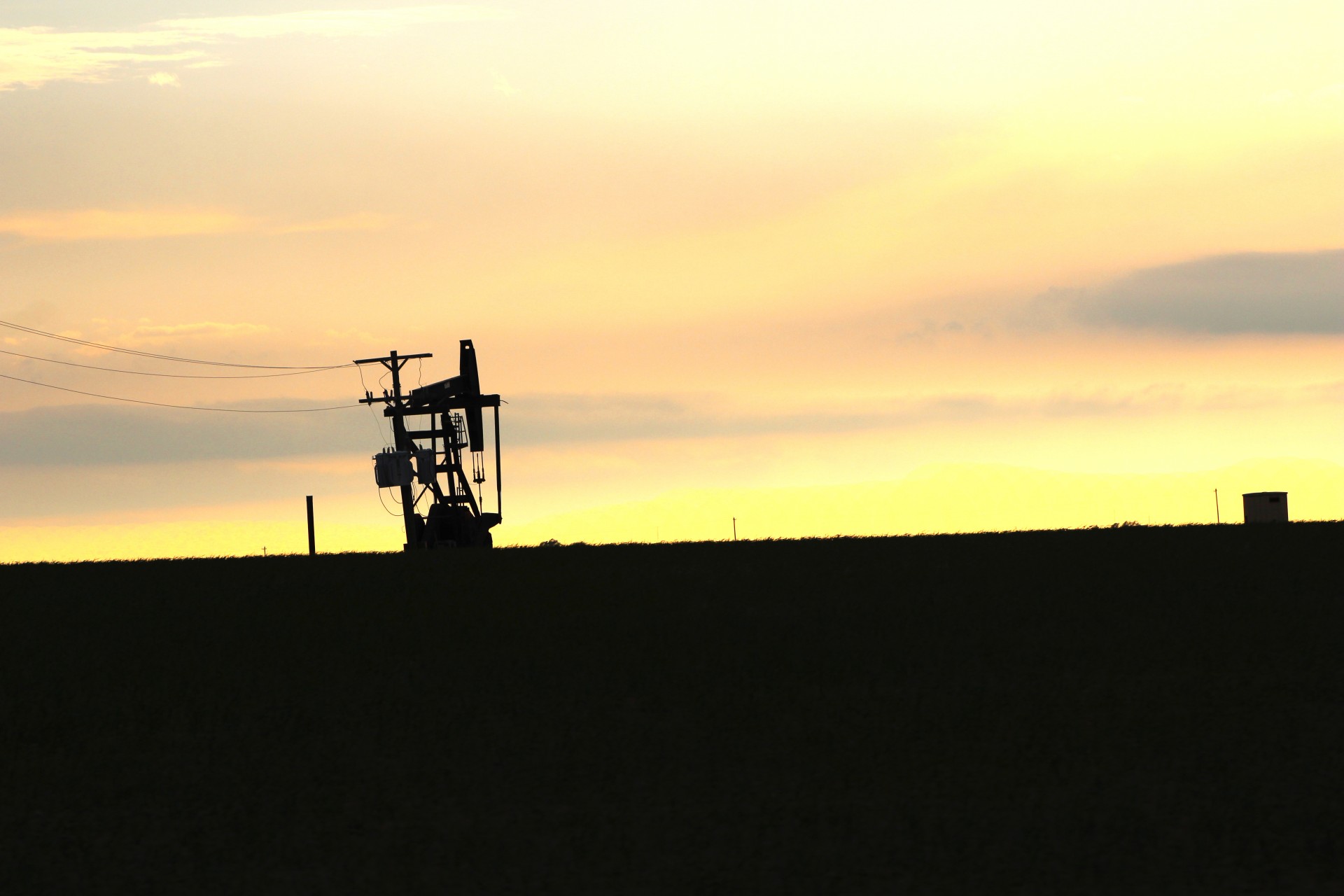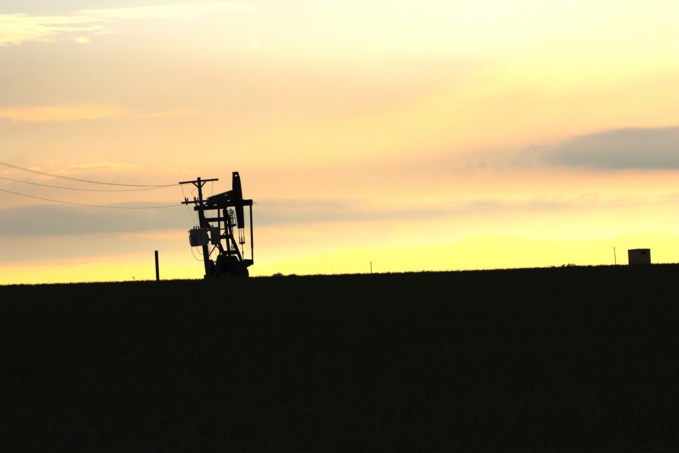UAE, Kuwait and Qatar, the largest producer in OPEC and its partners in the Persian Gulf, reckon that this mark will attract investment in new fields, yet will not result in a jump in US shale oil production, the sources said.
OPEC, Russia and other oil producers in 2016 agreed to reduce production by about 1.8 million barrels per day from 1 January. The first cut in eight years is supposed to rise oil prices and eliminate the excess supply.
Brent crude has risen more than 14 percent since the pact was signed, but was still trading near $ 56 a barrel, despite strict observance of the agreement.
OPEC officials have repeatedly said that the organization does not seek a specific price of oil and focuses its attention on reduction of world oil reserves and restoring balance in the market.
Behind closed doors, however, Riyadh and OPEC partners in the Persian Gulf said they hope for continued rise in oil prices since the low cost is putting pressure on their financial condition and is generating concern about lack of reserves in the future.
However, they do not want the prices to climb too high since it would encourage shale oil miners in the US. Once greatly harmed by low oil prices, now they are increasing production again. Technological advancement helps them quickly adapt to the fluctuation of oil prices.
"They (the Saudis) want oil cost $ 60 by the end of this year, It is good for investment (in oil).", - Said the source of the oil industry in the Gulf, familiar with the situation.
Another source in the industry outside the Gulf said that "OPEC - and especially the Saudis - want growing prices", not only for investment purpose. Besides, Riyadh wants to upsell a stake in state oil giant Saudi Aramco.
Oil projects worth more than $ 1 trillion have been canceled or postponed since mid-2014. Reduced investment in future oil projects spurred concern about a possible shortage of stocks and a sharp jump in prices.
Development of oil fields to start production requires about four years, while the US shale oil can be extracted a few months after the decision was taken.
"In general, the price of about $ 60 this year will be satisfactory. It will not lead to a large increase in shale oil production", - said a source in OPEC, noting that production of shale oil is expected to increase by about 300,000 barrels per day in the current year.
To the delight of the world's major banks, Saudis hasten to sell its stake in the state oil company. So far, nothing has been decided; perhaps the owners will 5% or more shares, or it will be a closed transaction, attended by selected international partners. It is also unclear how much money the state will gain from the sale. If oil falls in price, the share will go cheap. This means that the Saudis will have to be cutting production a bit longer than they planned to support prices.
source: reuters.com
OPEC, Russia and other oil producers in 2016 agreed to reduce production by about 1.8 million barrels per day from 1 January. The first cut in eight years is supposed to rise oil prices and eliminate the excess supply.
Brent crude has risen more than 14 percent since the pact was signed, but was still trading near $ 56 a barrel, despite strict observance of the agreement.
OPEC officials have repeatedly said that the organization does not seek a specific price of oil and focuses its attention on reduction of world oil reserves and restoring balance in the market.
Behind closed doors, however, Riyadh and OPEC partners in the Persian Gulf said they hope for continued rise in oil prices since the low cost is putting pressure on their financial condition and is generating concern about lack of reserves in the future.
However, they do not want the prices to climb too high since it would encourage shale oil miners in the US. Once greatly harmed by low oil prices, now they are increasing production again. Technological advancement helps them quickly adapt to the fluctuation of oil prices.
"They (the Saudis) want oil cost $ 60 by the end of this year, It is good for investment (in oil).", - Said the source of the oil industry in the Gulf, familiar with the situation.
Another source in the industry outside the Gulf said that "OPEC - and especially the Saudis - want growing prices", not only for investment purpose. Besides, Riyadh wants to upsell a stake in state oil giant Saudi Aramco.
Oil projects worth more than $ 1 trillion have been canceled or postponed since mid-2014. Reduced investment in future oil projects spurred concern about a possible shortage of stocks and a sharp jump in prices.
Development of oil fields to start production requires about four years, while the US shale oil can be extracted a few months after the decision was taken.
"In general, the price of about $ 60 this year will be satisfactory. It will not lead to a large increase in shale oil production", - said a source in OPEC, noting that production of shale oil is expected to increase by about 300,000 barrels per day in the current year.
To the delight of the world's major banks, Saudis hasten to sell its stake in the state oil company. So far, nothing has been decided; perhaps the owners will 5% or more shares, or it will be a closed transaction, attended by selected international partners. It is also unclear how much money the state will gain from the sale. If oil falls in price, the share will go cheap. This means that the Saudis will have to be cutting production a bit longer than they planned to support prices.
source: reuters.com



















